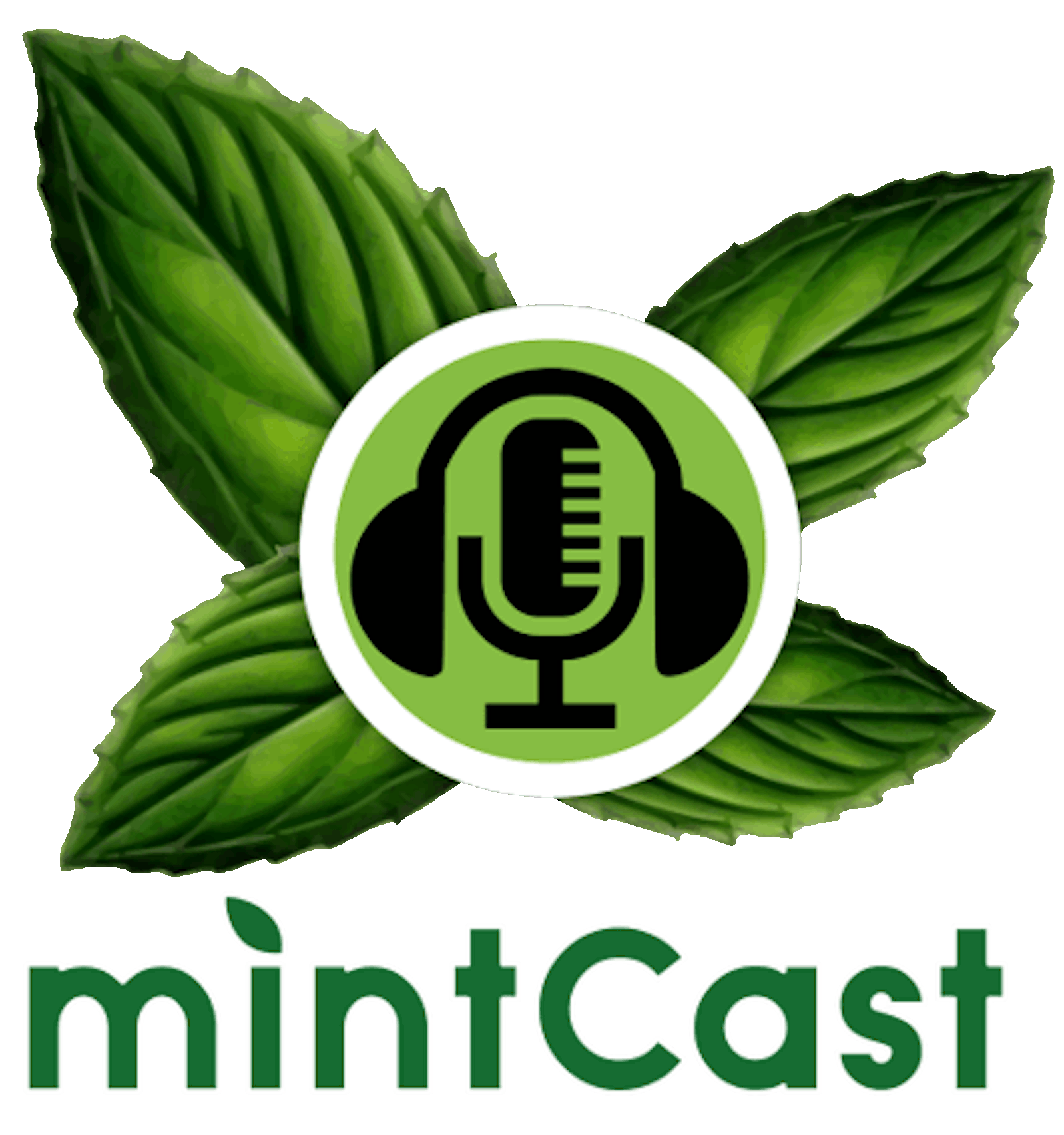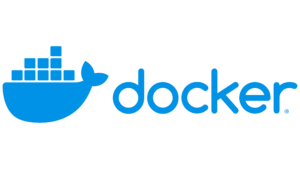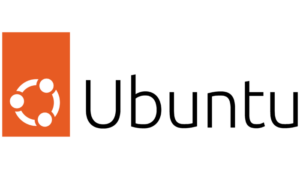mintCast145: Freedom
News:
- The Mint team is working on a Cinnamon Screensaver and lock screen for Mint 15. (ReviewLinux.com)
- Latest version of Nemo gains new features. (Webupd8.com)
- The SolusOS team has decided to fork gnome classic (also known as fallback) to create “Consort”. (SolusOS.com)
- What’s with the maple leaf on Canada’s new currency?. (BBC.co.uk)
Freedom… Information, Software and Everything:
Eben Moglen explains freedom and free software:
Featured Website:

Your browser does not support the audio element.
MP3:
OGG:
More Information:
Hosts:: Rob, Scott, James
Live Stream (Mondays at 8:00 p.m. Eastern): mintcast.org
Subscribe: [iTunes] [Zune] [RSS MP3] [RSS OGG]
Contact Us:
Forum: forums.linuxmint.com
Email: [email protected]
Twitter: @mintCast @Linux_Mint @3dbeef @txhawkins @jamescoyner
IRC: irc.spotchat.org – #mintcast
Google+: mintCast
YouTube: mintCast Productions
More Linux Mint info: website, blog, forums, community
Credits: Podcast Entry and exit music provided by Mark Blasco (podcastthemes.com). The podcast’s bumpers were provided by Oscar.
Podcast: Play in new window | Download
Subscribe: RSS




I am from the great depths of Stockholm Sweden, I really enjoy your podcast, its fun and informative, I was wondering if you thing Linux in general is lagging behind in features/graphics GUI?
Cheers 🙂
Marcus Persson
PS: what happend to James & Corbin, I like the youngsters on the show
Notch?? What are you doing here? You should be fixing MC…
Listened to most of podcasts over the last two years AND STILL LISTENING!!! I do enjoy it every Friday mourning. But (you knew that was coming) as a constructive note, a mention of reasons for freedom starts at 0 and ends with 3 for the 4 reasons.
Its just in coding software, languages start at 0.
For example, numbers 1,2,3,4, the address of the number “1/* is 0.
In contact to previous note I meant the number “1” is 0.
Not “1/* is 0 (the dog just ran over my key board and sent the message before I had chance to stop it) I think she wants to go for walks.
Wow, I had to shut your “podcast” off about ten minutes into the “why would anyone make software for free” rant. Somehow you guys just missed the point. I’ve been using linux for over 10 years….and yea, the whole reason i got into it was as you say “free as in beer”; and I don’t contribute to the kernel.
So you say “why would anyone write quality software?”. The answer is simple. Because they have for the last 20 years and will continue simply because. Red Hat makes tons of money on open source, there is no law that says you cannot make a profit with “free” software. I have yet to find software that was better composed by the few than that which is free to be edited on by the many.
Let me put it this way, if we all spend an hour a month proof reading or adding code to projects we enjoy then only idiots will use Microsoft.
I admit bias, I haven’t used Microsoft anything for 10 years and I never will, and BSD is just as good as Linux….I really liked Mint, but if you two are associated with it then I’m switching back to straight Debian right now.
You don’t understand how the quality of software can remain high? By asking the question you show that you never will. long live linux, slackware, freedom, and outlaws!!!!!!!!!!!!
Go back to windows you jerks(granted I only listened to one podcast, but when you call something freedom it better be good)
Peace
From AMERICA
Gee, Jack, sorry to see you go… Door’s over that way…
So sad he won’t be part of the community.
I feel this listener’s pain. Where is James?!? Mintcast you should do another oggcast where Rob is not on at all and James gets to respond to Rob’s inanities.
Why even bother to call it Mintcast if you’re going to spend so much time praising Micro$t and their products as Rob has several times now. Don’t waste one more second of the listeners lives talking on Micro$oft on the “Mintcast” y’all! Its irrelevant. Micro$oft don’t need it and is doing just fine, thank you, but Mint Linux (why we came to the oggcast for) does.
Further don’t put out an oggcast supposedly about Mint Linux when you haven’t even used it “in a year” as I believe Rob said. Huh?!? Don’t waste out time Rob. Move over and just do a podcast about Micro$oft if that’s what you want to talk about. Set Mintcast free of Rob!
Well, I guess we all get to have an opinion. I’m not too sure what podcast you were listening to, but I certainly never would have said I haven’t used Mint in a year as you claim. My main podcasting box is an LMDE machine that has been on one form of Mint or other for most of it’s existence. My off-hand box runs one of several flavors of Mint, currently Mint 14 Xfce. I talk about Linux Mint BECAUSE it’s what I use. ‘Nuff said.
For each company making fortune, there are several who just make it and several who don’t and bankrupt of abandon ship, or don’t even start. There is no garantee about making your code unaccessible. On the other side, you surely don’t make a lot of meney sellyng stuff you give off, but it’s by design. IF you want to generate money, and that’s not the WILL of all projects, there are other means that make it possible. Selling support to business (and they often require paid support) you can sell expertise (customisation, developpement) you can make money by USING your own softwares, you cans sell hardware related to your software…
Making money with free software is probably neithe simpler nor harder to reach than with non-free software. The difficulty is in finding an idea worthy of enough and a way make it successful, either in the free or non-free way.
But of course it may be easier hiding your sources an your works if you intent to screw your customers with deception or simply mediocre code or application.
Proprietary code is less worthy to society because it’s useful to just a few and often ends falling in oblivion.
You’re better off not basing your business on exclusivity and closedness rather than on quality and on commitment.
I think that somehow, free software is he couterpart to the incredible selfishness and unrivaled greed that is bashing all our lives and rott the society to the point of…. just wanting share, equality and humanity back in our lives and in society.
And that’s a road where the liberty part of the free software idea makes perfect sense.
Enjoyed your foray into the software freedom topic … although I did find myself talking back from time to time. 😉 I’m not sure I’d count myself as an activist, and some of RMS’s presentation can grate a bit, but I kinda agree with Jack here that I think “you guys just missed the point.”
“Free software” (in a GPL context specifically) does not mean you can’t sell it. Now, it may be that you can’t realistically write something once and then just sit back and milk it as is the usual proprietary business model. But there are other possible models. For example, you can write on commission, for one or multiple customers. I mused a little while back on the feasibility of a Kickstarter-like model for free software, where a developer could say, “I want to make X. Who wants to help make it happen?” Of course there’s also the Red Hat-like model of selling support for the software–which may include making changes for one customer that then become available to all.
As for why go that route at all, that’s what underlies the Four Freedoms which you cited. If you own your computer, how can it be that you don’t actually own the software you run on it? How can someone else tell you what you can do with your own computer? Is it yours or not? If it is truly yours, you should be able to (#0) run it for whatever you want, not just what somebody else tells you in some licence agreement you can use it for. If it’s your computer, you should be able to (#1) look at the code you’re running on it and to modify it to suit your needs, not be forbidden to do so by whoever you bought it from. (Note that the proprietary software company will claim that you don’t actually own the code you bought from them; you just have their permission to run it in accordance with that EULA that nobody actually reads.) If it’s your computer, you should be able to (#2 & #3) redistribute the changes you made to the code. This is about building on top of others’ work and sharing with others for everyone’s benefit–which is where all progress really comes from. I guess #2 is actually about redistributing the unmodified code, which in proprietary terms would be called “piracy”, but if all software were “free as in freedom” it is about helping your neighbor, sharing something that you yourself found valuable and worth propagating.
This isn’t all just kumbaya idealism. There are serious, real-world situations where closed software is just a bad idea. Take the pacemaker worn by Karen Sandler (the woman you were thinking of from the “Free as in Freedom” podcast). Her life depends on this device which has known security issues, and the company refuses to let her look at the code. You can hear her 15-minute talk on it from OSCON 2011 at https://www.youtube.com/watch?v=nFZGpES-St8
Problem with RMS, Linus, Balmer, Jobs or Gates is that they’re the extremes of the argument, whereas the majority of us have to make a living in the middle.
Like politics, a lot of IT is about compromise and interactivity, but unlike when Congress breaks down, IT has to go back and make things work, Apple/Windows/UNIX.
Thanks for the podcast! You hit lots of good points.
Early on in the podcast, Rob said that he was attracted to Linux distros because of the “free as in beer” aspect. Same here. What wasn’t obvious to me then (but is now) is that many of these distros would not be possible without the “free as in freedom” & sharing & remixing ethos. Linux Mint is built on reusing or modifying pre-existing software. My Raspberry Pi has a fully-functioning customized operating system because they were able to build the hard work of many others. And of course Scott mentioned the ability of Linux to be adapted to new types of hardware. This is a beautiful thing.
Another issue with “free as in beer” software — stuff that is all over smartphone app stores — that is advertising-based. Nothing wrong with this in my opinion (sorry RMS), but it seems like the list of permissions for this software gets longer & longer and developers have to get increasingly invasive into your personal details to make money. Google created Google+ seemingly for the sole reason to be able to connect your searches to more personal information. After a while, it feels creepy & invasive and makes you question the whole business model.
When people like Stallman and the FSF talk about free software they often confuse people by pushing an agenda rather then educating people. e.g. the first thing that people need to understand is the idea of ‘the tragedy of the commons’. i.e. the idea that natural resources can not be in the public domain (freely shared) because the rational repose of people is to rapidly deplete free resources. e.g. if the fish in a lake on ‘common land’ are ‘free’ then you better get there quick and get your rod in the water before they are all gone. When they are all gone there is little incentive for anyone to restock the lake.
Stallman came from a time before software licences. Companies like IBM sold very expensive hardware and provided free and open software because the hardware was useless without it and customers wanted to customise software to their own needs. With no concept of a software licence all software was in effect ‘public domain’. So why no ‘tragedy of the commons’ ? In the small community of programmers (without proprietary software) there was little competition (other than intellectual competition) between developers and powerful incentives to share code. By sharing code everyone made better software and thus everyone benefited by getting better jobs, conditions, pay, respect etc …
However in the same way that the arrival of Europeans ended the Native American’s orgy of freedom, so the software licence destroyed the original hacker community. Why share software when your hard work could be taken and profited from by individuals who wouldn’t give back to the community ? The tragedy of the commons was now in effect, with the depleted natural resource being the supply public domain software.
Stallman’s solution was the anti-licence. A licence that forced sharing. Thus libre licences defeat ‘the tragedy of the commons’ and enable a sharing hacker community once more. In a free society with small government anticompetitive corporations would not exist. Thus libre software would dominate because it is very hard for proprietary to compete with free except in small niches. Thus word processors and spreadsheets would be free software while CAT scanners would run proprietary software. Individual computer games are niche software (in comparison to libre office) and thus they would mainly be proprietary too.
Is there something unique about software that means it should naturally be libre/free and moreover that it is immoral that any of it isn’t – NO ! Stallman and FSF are wrong here. They are zealots who have little respect for markets and do not even try to distinguish between competitive and anticompetitive markets. They regard both as equally bad even though we have lots of evidence that competitive free markets are of massive benefit to society because they allow society to constantly vote on what they want and thus a structure of production is built that is highly wealth generating (for all of society) because it is symmetrical to the demands of society.
The error stems from the fact that many on the left see business competition as a zero sum game i.e. business A exists to try and put business B out of business ! In reality a competitive free market means that business (or organisation or individual) A and B compete to see who can best fulfil the demands of customers. If business A wins it just means that business B has to change. If business B fails to change then it must release the land, labour and capital it is using so that more competent people (people who can better serve society) can use these factors of production. It would be immoral to allow business B to continue.
There is a massive problem with copyright and licences in society and has been for a long time. e.g. the wright brothers were patient trolls that killed the development of aircraft in the US by constantly bringing patient cases to court (even though they only had patients on a very small part of aircraft design). Everything is a remix. All ideas build on prior art. Thus my position is that only in exceptional cases should something be locked up for more than ten years. Examples of exceptions could be: drugs that have long expensive pipelines, logos / trademarks and libre software licences After ten years most patented and copyrighted things should then be public domain.
What incentives are there for developers to keep producing free software and is it sustainable ? Clearly free software is highly sustainable in the mass market as there will always be a ready supply of hackers (some employed by large and small companies) to develop everyday software.
Awesome comment AC. We should have had you on this episode. Your thoughts are much more clearly articulated than our were!